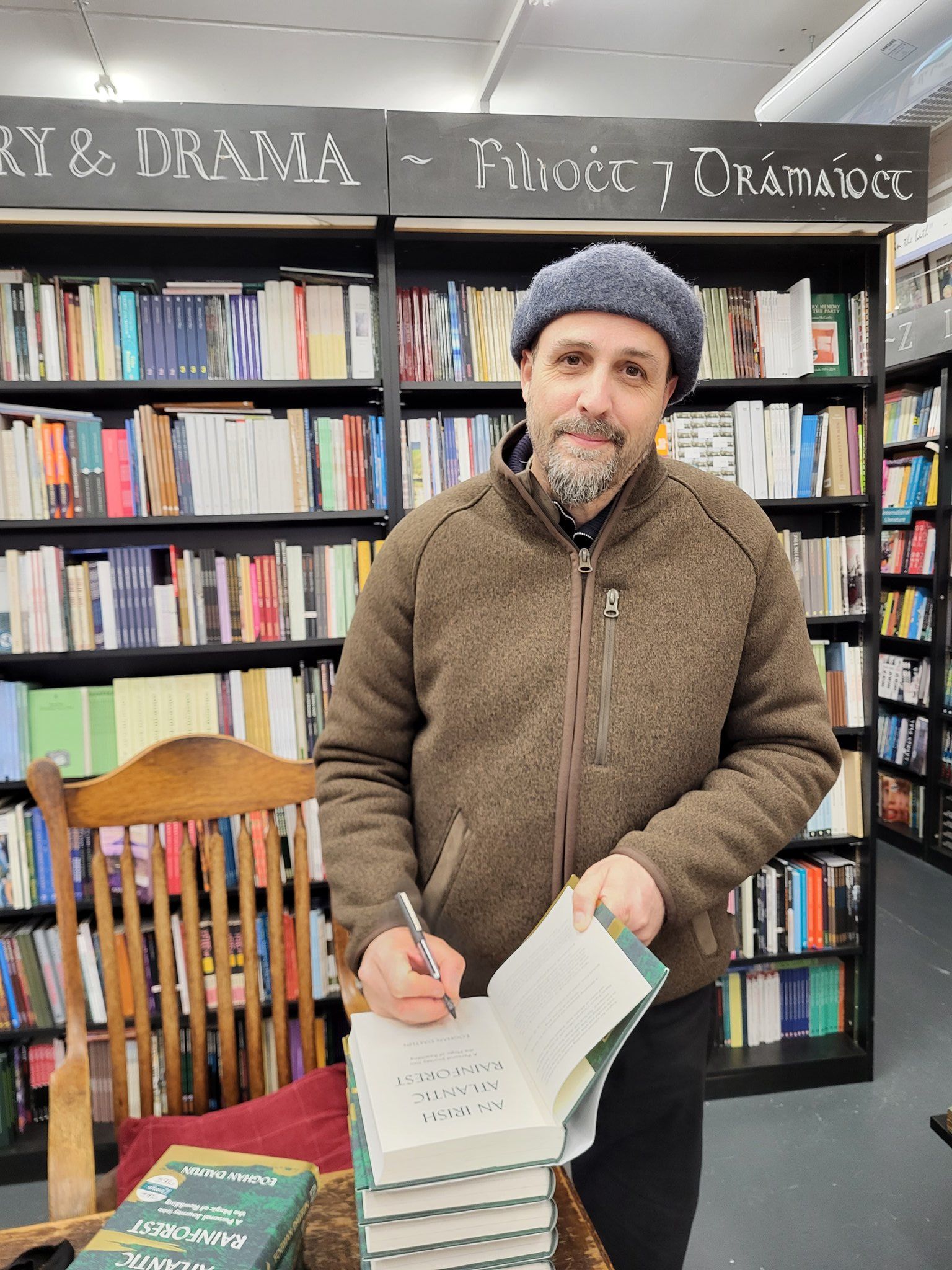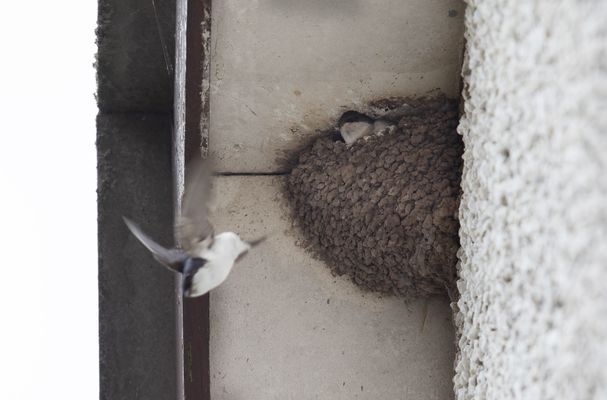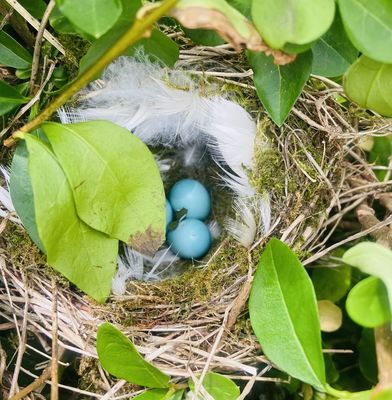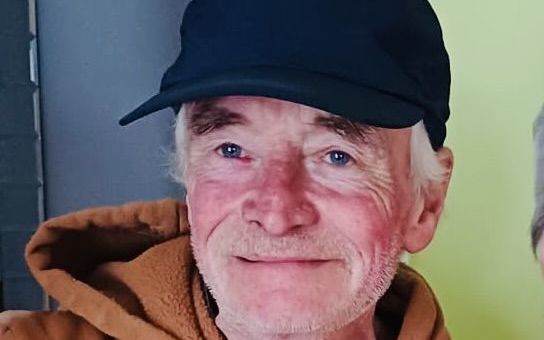DÚLRA has a dream: to buy a slither of land on the outskirts of West Belfast and give it away – to nature, the original owner.
He wouldn’t do anything with the land, besides fencing it off. He’d just leave it alone and let nature take its course.
He thought about it this week when he passed a For Sale sign pointing towards a sodden, sunken plain near Dundrod, where a few scraggly cows were feeding among the rushes. It could be a place where lapwings and curlews could breed undisturbed.
Willow trees would soon spring up and frogs and lizards and stoats and pine martens would return. Owls would visit – and perhaps even the almost extinct hen harrier. Maybe woodcock and yellow-hammers and twite would find shelter there. Who knows?
It’s a simple premise – the simplest – but incredibly, to Dúlra’s knowledge, it’s never been tried locally. You have to go to the other side of the island to find the most famous exponent of rewilding. Eoghan Daltun followed his dream. A Dub, he sold up his old cottage in the capital 15 years ago and, with just that cash, was able to buy a 73-acre farm clinging to the Atlantic in County Cork; he had spotted it while on holiday in the Beara Peninsula.
After buying it he simply fenced it off and watched a miracle unfold, day by day, season by season. Dúlra took part in a Zoom talk with Eoghan during lockdown and despite suddenly becoming a bestselling author and an international authority on rewilding whose views are now widely sought, he was as down to earth and unassuming as one of those traditional Beara farmers.
Living in Cork, he gathered a huge social media following, detailing with the wide-eyed wonder of a blow-in how the land was transforming, photographing each new flower and fern and sapling. He was witnessing the rebirth of an Irish Atlantic rainforest – the title of his book.
Eoghan writes that Ireland “is one of the most ecologically trashed and dysfunctional places on earth”. But in these 73 acres, nature can breathe again.
County Antrim, too, was once a rainforest – a thing Dúlra has never seen because nowhere has it been allowed to return in all its wild, uncontrolled glory. Recreating one is difficult as it’s counterintuitive for people to do nothing and take nothing from the land.
A fantastic 919 copies of 'An Irish Atlantic Rainforest' sold in only the last week!!!
— Eoghan Daltun 🌍 (@IrishRainforest) December 20, 2022
I'm just so delighted the message is getting out there: that's why I wrote the book. pic.twitter.com/dCHFhcaHue
It’s not easy – we love to control and manage, to cut paths through forests, hang zipwires above them and build visitor centres. But to truly reverse Ireland’s ecocide – the destruction of a whole system – we just need to let go. Give it all back to nature, to the frogs and the bees and the shrews and the insects and the birds. They’ll find their own balance.
As Dúlra passed the For Sale sign on the land a few miles above Belfast, he imagined what it could become. A safe haven for nature, an oasis in an environmental desert where curlew and lapwing could nest without having their eggs trampled by people or livestock. And where, gradually, a rainforest ecosystem would rise from the land like an ancient monster reborn.
It’s a pipe dream, of course. Not many people have Eoghan’s courage. And who could afford to buy a patch of land and just give it away to nature? Maybe, just maybe, we all could. It’s the sort of scheme that like-minded people might donate to through crowdfunding, knowing their couple of quid was truly making a difference to nature. The People’s Rainforest – Forais Bháistí an Phobail – now that’s something worth passing to the next generation.
• An apple a day keeps the doctor away, it’s said – but not this winter. Because all Dúlra’s apples have all been given to the birds in the garden.
He throws out one a day – two when it’s snowing – and they are a godsend to blackbirds in particular.
This week he had a dozen blackbirds in the garden – in breeding season there is none, probably because of the twin dangers of cats and magpies. But in the depths of winter these jumpy visitors arrive from Scotland - they probably started their journey in Europe – and desperately try to find enough food to see them through these few difficult weeks.
Blackbirds can’t hang on feeders, while any bread that’s thrown out is soon gobbled up by other birds. But apples, cut in half, are eaten bit by bit, day after day.
Come spring when these blackbirds head back to sunny Europe, they’ll have Dúlra’s Armagh apples to thank. In the meantime, an apple a day gets the blackbirds to stay.
• Reader Marty Lawlor was up the Glens of Antrim when he saw something awesome – a pod of dolphins swimming in the sea just off the coast. “They may have been porpoises I don’t know, but there were 15 or 20 of them and their fins were cutting through the waves. It was stunning.” He watched them from the carpark between Carnlough and Waterfoot. Seems like a good excuse to take a winter trip to the Glens!
If you’ve seen or photographed anything interesting, or have any nature questions, you can text Dúlra on 07801 414804.






